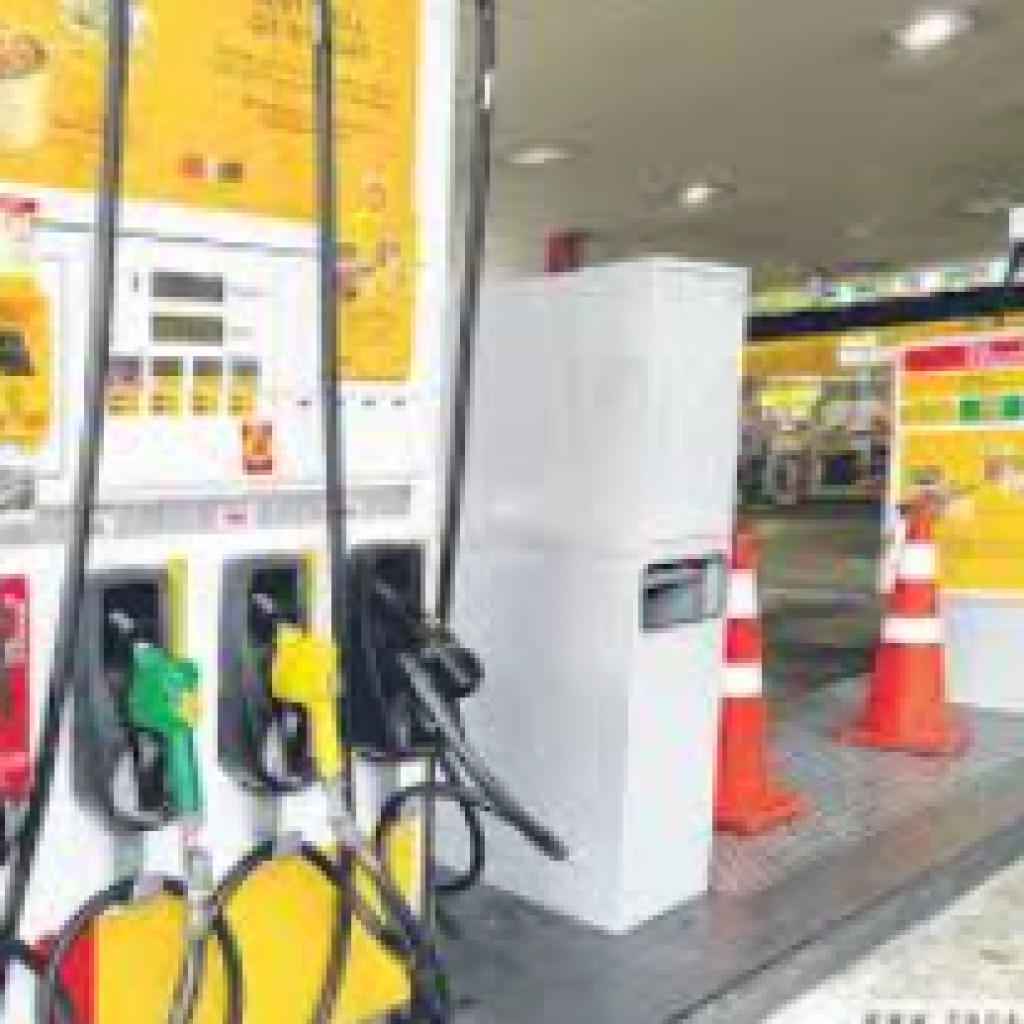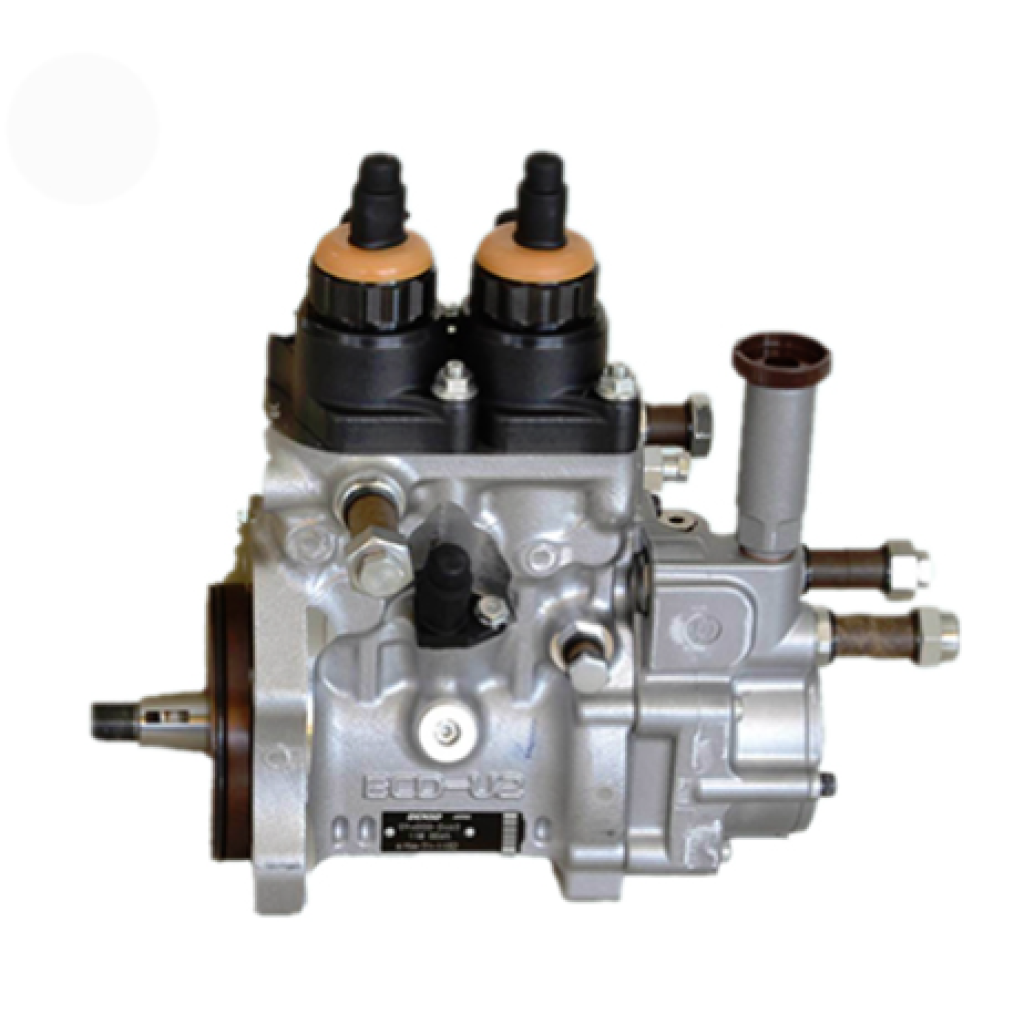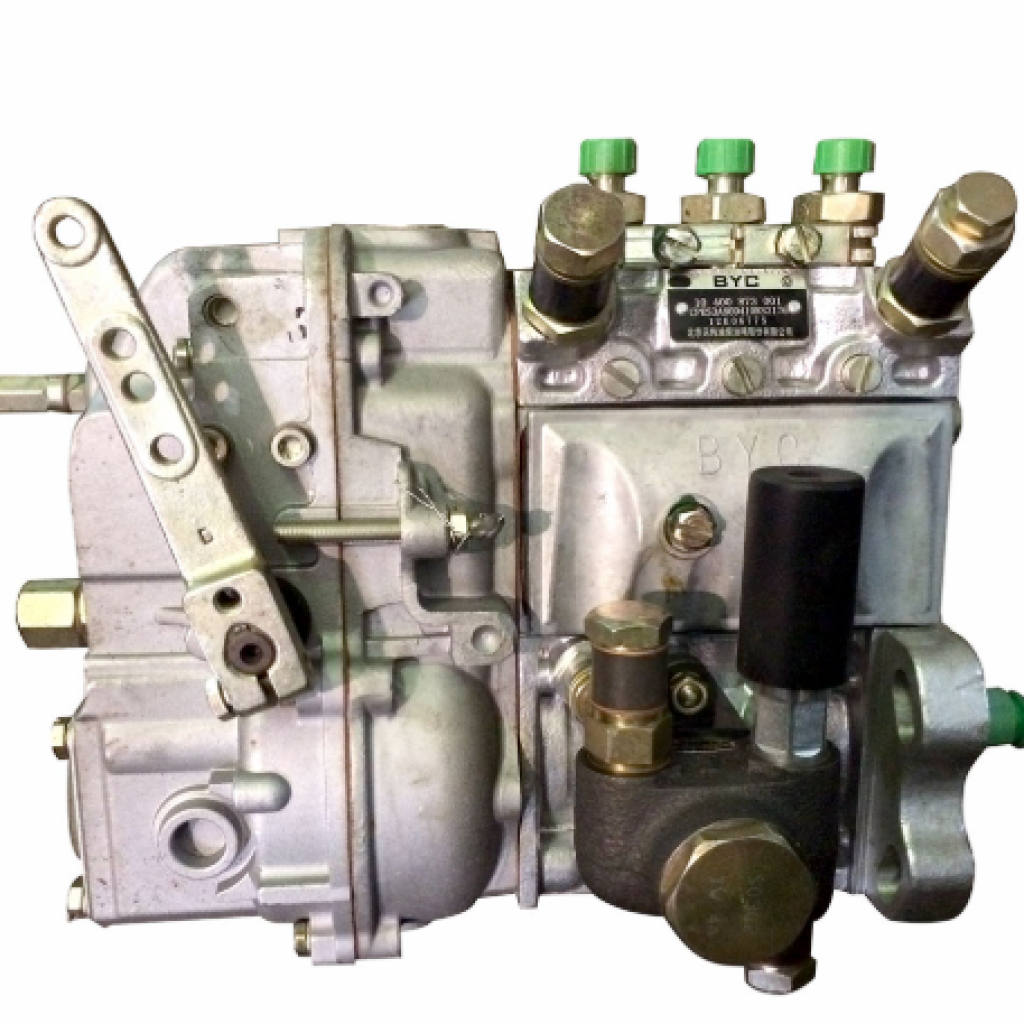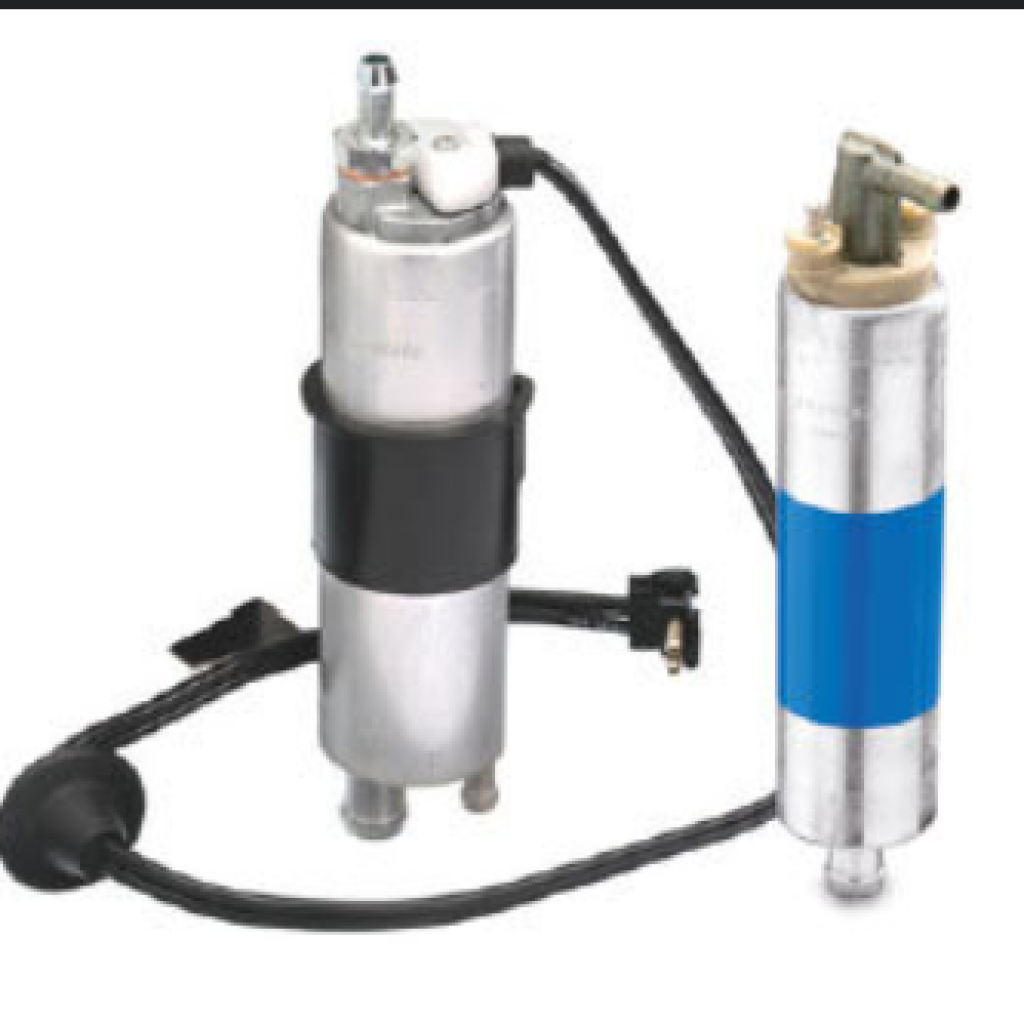Fuel pump in singapore – Singapore’s No 1 Best Pump service & suplier
Fuel Pump in Singapore – Your Complete Guide to Efficient Fuel Pumping Solutions
Introduction
In the world of industrial operations, marine logistics, and energy systems, fuel management plays a pivotal role. At the core of these systems lies one crucial component — the fuel pump. Specifically, sourcing the right fuel pump in Singapore has become essential for industries seeking reliability, compliance, and long-term value.
This comprehensive guide explores everything you need to know about selecting, operating, and maintaining the most effective fuel pump in Singapore for your application. Whether you manage a power plant, oversee marine fueling systems, or run an industrial facility, this content is tailored to equip you with the insights needed to make informed decisions and dominate the market.
Why Choosing the Right Fuel Pump in Singapore Matters
Singapore is a global hub for maritime trade, oil refining, logistics, and energy production. This unique industrial environment demands fuel systems that are robust, efficient, and built for the long haul. Choosing a high-quality fuel pump in Singapore ensures:
- Consistent fuel transfer for uninterrupted operations
- Compliance with Singapore’s strict safety and environmental standards
- Reduced downtime and maintenance costs
- Longer equipment life and better return on investment
Whether used in marine applications, industrial storage, or generator systems, a dependable fuel pump in Singapore is vital to maintaining safety and operational continuity.

Fuel Pump in Singapore: Understanding the Applications
The need for a high-quality fuel pump in Singapore cuts across multiple industries:
1. Marine and Bunkering Applications
Singapore is the world’s busiest transshipment port. Marine vessels require robust fuel pump in Singapore solutions for transferring bunker fuel, diesel, or lubricants. These pumps must be explosion-proof, corrosion-resistant, and highly reliable.
2. Oil & Gas Terminals
Fuel storage depots and transfer terminals rely heavily on bulk transfer systems. A typical fuel pump in Singapore used in this setting is designed for high flow rates and long duty cycles.
3. Industrial Fuel Supply Systems
Factories, power plants, and chemical facilities often require internal fuel transfer systems for generators or boilers. A trusted fuel pump in Singapore helps maintain fuel levels, pressure, and temperature for optimal system performance.
4. Transportation and Logistics Hubs
Logistics centers, depots, and service yards use fuel pump in Singapore systems to refuel fleets efficiently and safely. High uptime and low maintenance are critical in these environments.
Types of Fuel Pump in Singapore
Different applications require different types of fuel pump in Singapore. Here are the most commonly used designs:
1. Centrifugal Pumps
These are ideal for large volume, low viscosity fuel transfer applications. A centrifugal fuel pump in Singapore is often used in terminal storage, booster systems, and transfer operations.
2. Gear Pumps
Gear pumps offer precise fuel delivery and are ideal for metering or dosing. They are commonly used as part of a fuel pump in Singapore setup in smaller systems or with heavy fuel oils.
3. Vane Pumps
Vane-style fuel pumps offer low noise, high reliability, and self-priming features. A vane fuel pump in Singapore is often used in refueling stations and depot applications.
4. Screw Pumps
Used in high-pressure, high-viscosity scenarios, screw pumps handle dirty or heavy fuels. They are often chosen for industrial applications needing a heavy-duty fuel pump in Singapore.
5. Diaphragm Pumps
For specialized applications requiring zero leakage or chemical compatibility, diaphragm pumps are occasionally used. A diaphragm fuel pump in Singapore suits environments with sensitive fuel types or chemical additives.
Key Features to Look for in a Fuel Pump in Singapore
When sourcing a fuel pump in Singapore, consider the following specifications:
1. Fuel Type Compatibility
Ensure the pump materials are compatible with the type of fuel — whether diesel, HFO, biodiesel, or marine fuel. The best fuel pump in Singapore will support various grades without degradation.
2. Flow Rate and Pressure Range
Match your system’s demand with the pump’s rated flow and pressure. Undersized or oversized pumps can lead to inefficiencies or failure.
3. Seal Type
For critical operations, choose a fuel pump in Singapore with high-performance mechanical seals or double-seal systems to prevent leaks and vapor losses.
4. Material Construction
For longevity, select pumps made from stainless steel, bronze, or specially coated materials that resist corrosion and wear in Singapore’s humid environment.
5. Explosion-Proof Design
For fuel handling in classified areas, explosion-proof motors and components are mandatory. A compliant fuel pump in Singapore will meet IECEx or ATEX standards.
6. Self-Priming Capability
If suction lift is required, a self-priming fuel pump in Singapore can help avoid operational delays and complications.

Installation Best Practices for Fuel Pump in Singapore
Correct installation of a fuel pump in Singapore ensures optimal performance and longevity.
Pre-Installation:
- Inspect the pump and system components
- Ensure proper alignment and anchoring
- Clean all piping to remove debris
- Install vibration isolators if needed
During Installation:
- Ensure correct orientation and priming
- Avoid cavitation by ensuring proper NPSH
- Use flexible connections to accommodate thermal expansion
Post-Installation:
- Verify flow direction and rotation
- Perform test runs under load conditions
- Record initial performance data for benchmarking
Common Issues with Fuel Pump in Singapore — And How to Prevent Them
Even the best fuel pump in Singapore may face challenges if not properly operated or maintained. Here are key issues to be aware of:
1. Cavitation
Cavitation leads to pitting, vibrations, and premature wear. Prevent this by:
- Using correct suction piping
- Avoiding air leaks
- Maintaining proper tank levels
2. Seal Leakage
A common problem in any fuel pump in Singapore, seal failures usually result from wear, thermal cycling, or chemical attack. Always follow OEM guidelines for replacement intervals.
3. Pump Overheating
Overheating may occur due to poor lubrication or overpressure. Regular checks and proper installation prevent these issues.
4. Fuel Contamination
Fuel contaminated with particulates or water can damage internal components. Use filtration systems along with your fuel pump in Singapore to ensure cleanliness.

Maintenance Strategies for Fuel Pump in Singapore
Preventive maintenance is key to keeping your fuel pump in Singapore in peak condition.
Daily Checks
- Monitor flow rate and pressure
- Check for vibrations or unusual noises
- Visually inspect seals and flanges
Monthly Checks
- Lubricate bearings and check oil levels (if applicable)
- Inspect for corrosion or pitting
- Test alarm and monitoring systems
Annual Maintenance
- Replace seals and gaskets
- Flush the system with compatible fluid
- Perform flow calibration and pressure tests
A well-maintained fuel pump in Singapore not only performs better but also extends its operational life.
Fuel Pump in Singapore and Environmental Compliance
Singapore’s environmental regulations are among the most stringent in Asia. A compliant fuel pump in Singapore must support:
- Zero leakage tolerance
- Emission control systems
- Safe operation in hazardous areas
- Energy efficiency standards
Many industries now opt for fuel pump in Singapore solutions with low power consumption, sealed enclosures, and advanced monitoring to meet green certification requirements.

Smart Fuel Pump in Singapore – The Digital Advantage
Modern systems are now integrating smart technology into fuel pump in Singapore setups.
Benefits of Smart Pumps:
- Real-time data monitoring
- Predictive maintenance alerts
- Remote performance analytics
- Energy consumption tracking
By offering digital-ready fuel pumps in Singapore products, you enable your clients to optimize operations and reduce downtime.
How the Right Fuel Pumps in Singapore Supports Sustainability
Environmental sustainability is more than a buzzword—it’s a government mandate and a market differentiator. Choosing an efficient fuel pumps in Singapore can contribute directly to your company’s green goals.
Energy-Efficient Operation
Many modern fuel pumps in Singapore designs now feature high-efficiency motors, variable frequency drives (VFDs), and optimized impeller designs. These reduce energy consumption without compromising flow performance.
Lower Emissions & Spillage
A well-sealed fuel pumps in Singapore can prevent fuel vapor escape and liquid leakage. This not only improves safety but ensures your operations remain within emissions thresholds.
Long Service Life
Longer-lasting components mean fewer replacements, less waste, and a smaller carbon footprint over time. Opt for fuel pumps in Singapore models that emphasize durability and low lifecycle impact.
Safety Protocols for Operating a Fuel Pumps in Singapore
Safety in fuel handling is non-negotiable, especially in environments such as refineries, ports, and depots. Here’s how to safely manage your fuel pumps in Singapore:
Fire and Explosion Protection
Ensure your fuel pump meets ATEX, IECEx, or other explosion-proof standards. In Singapore, it’s essential that the fuel pump in Singapore used in flammable environments has a certified motor, junction box, and control system.
Emergency Shutdown Integration
Your fuel pumps in Singapore system should integrate with ESD (Emergency Shutdown) protocols, allowing for automatic shutoff in the event of a leak, surge, or fire.
Operator Training
Staff must be trained to:
- Recognize warning signs of pump failure
- Execute proper startup/shutdown sequences
- Respond to abnormal pressure, temperature, or flow conditions
Scheduled Safety Audits
Conduct regular internal audits to check for:
- Leaks or corrosion
- Alarm system responsiveness
- Electrical grounding and insulation
These steps will ensure that your fuel pumps in Singapore runs safely and in accordance with Singapore’s Workplace Safety and Health (WSH) requirements.
Digital Transformation and Industry 4.0 – The Future of Fuel Pumps in Singapore
As Singapore pushes for smart nation initiatives and industrial digitalization, fuel systems are also evolving. Here’s how your fuel pumps in Singapore can be part of this shift:
Smart Sensors and Condition Monitoring
Modern fuel pumps in Singapore models can now integrate with sensors for:
- Flow rate monitoring
- Seal leakage detection
- Vibration analysis
- Oil temperature and pressure tracking
These allow predictive maintenance and early fault detection.
Integration with Building Management Systems (BMS)
High-tech buildings and fuel handling facilities in Singapore often use BMS or SCADA systems. Choose a fuel pumps in Singapore that is fully compatible with Modbus, OPC UA, or other communication protocols.
Remote Diagnostics
IoT-enabled pumps allow for cloud-based diagnostics. You can access your fuel pumps in Singapore from anywhere, reducing the need for on-site inspections and allowing quicker responses to anomalies.
Fuel Pumps in Singapore: Best Practices for Long-Term ROI
Maximizing the return on your fuel pumps in Singapore investment depends on strategic operation and maintenance. Here’s how to stretch your budget and boost performance:
Use OEM Spare Parts
While third-party parts may be cheaper initially, only OEM-certified components guarantee compatibility and reliability for your fuel pumps in Singapore.
Train Technicians Regularly
Ensure your maintenance team is fully up to date with the latest pump operation techniques, software, and safety protocols. This prolongs the lifespan of your fuel pumps in Singapore.
Perform Lifecycle Cost Analysis
When comparing models, don’t focus solely on upfront cost. Consider:
- Energy consumption
- Frequency of maintenance
- Spare parts availability
- Downtime costs
Choosing a fuel-efficient, serviceable fuel pumps in Singapore will usually result in significant long-term savings.
Custom Fuel Pumps Solutions in Singapore
Sometimes off-the-shelf equipment won’t meet the exact requirements of your application. That’s where custom fuel pump in Singapore systems come in.
Customization Examples
- Specialized inlet/outlet flange sizes
- Material upgrades for chemical compatibility
- Multi-pump configurations for redundancy
- VFD integration for variable flow control
When your project involves unique fuels, pressures, or compliance conditions, a tailor-made fuel pump in Singapore can meet those needs while improving safety and performance.
The Role of Fuel Pumps in Singapore in Emergency Backup Systems
Many buildings, hospitals, and data centers in Singapore rely on emergency generators, which in turn rely on reliable fuel delivery systems. A dependable fuel pumps in Singapore ensures:
- Generators remain fueled during grid failures
- No air is introduced into diesel lines
- Fuel is circulated and kept within quality specifications
A poorly maintained fuel pumps in Singapore in such systems could result in system-wide failure at a critical time. Emphasize preventive maintenance and real-time monitoring.
Innovations in Fuel Pumps Technology in Singapore
With Singapore positioning itself as a leader in clean energy, digital transformation, and advanced manufacturing, innovations in fuel pumps in Singapore systems are at the forefront of industrial progress.
Modular Pump Designs
Modular configurations allow quick assembly, disassembly, and reconfiguration. This enables end-users to scale operations or perform upgrades with minimal downtime. Many fuel pumps in Singapore setups now adopt modularity to meet custom installation footprints and changing operational needs.
Magnetic Drive Technology
For high-safety environments, magnetic drive fuel pumps offer seal-less operation, eliminating the risk of leaks. In sensitive fuel applications such as chemical-laced fuels or flammable liquids, this technology is gaining adoption in the fuel pumps in Singapore industry.
Variable Frequency Drives (VFDs)
VFDs allow dynamic control of motor speed based on fuel demand. A fuel pumps in Singapore with integrated VFDs can:
- Improve energy efficiency
- Extend pump life by reducing wear
- Offer precise flow and pressure control
- Support automation and remote operation
With Singapore’s push toward Industry 4.0, VFD-compatible fuel pumps in Singapore models are becoming standard.
Smart Diagnostics and Predictive Maintenance
IoT integration has changed how companies manage and maintain their fuel pumps in Singapore equipment. Sensors built into pumps now track:
- Bearing vibration
- Seal integrity
- Motor temperature
- Energy usage patterns
Combined with predictive analytics software, these sensors prevent unplanned shutdowns and reduce costs by up to 40%.
Industry-Specific Standards for Fuel Pump in Singapore
Singapore’s diverse sectors—from pharmaceuticals to petrochemicals—require that their fuel pump in Singapore solutions adhere to strict industry standards.
Petrochemical & Oil Refining
- API 610 compliance for centrifugal pumps
- API 676 for rotary pumps
- Fire-safe and explosion-proof certification
- Corrosion-resistant materials for harsh chemicals
Pharmaceutical Manufacturing
- Sanitary design with CIP (clean-in-place) features
- Stainless steel (SS316L) construction
- Ultra-low pulsation rates
- Minimal dead zones in the pump housing
Power Generation
- Redundant pump systems for emergency fuel supply
- Integration with generator control panels
- Fuel recirculation capability to prevent stratification
- Compliance with local NEA noise and emission limits
Designing your fuel pumps in Singapore solutions to match these standards ensures broad market suitability.
Environmental Resilience of Fuel Pumps in Singapore
Singapore’s hot, humid, and salty air environment—especially near the coasts—means fuel pumping systems must be engineered for long-term resilience.
Anti-Corrosion Measures
The best fuel pump in Singapore models feature:
- Epoxy-coated or powder-coated surfaces
- Stainless steel fasteners and housing
- Ceramic-lined impellers or internals
- Marine-grade gaskets and seals
These features extend operational life and reduce the risk of unexpected corrosion-related failures.
Flood Protection and Water Ingress Prevention
For facilities located near coastal areas, or low-lying industrial estates, water ingress can damage motors and electronics. A well-designed fuel pumps in Singapore setup includes:
- IP68-rated motors
- Elevated pump installations
- Waterproof enclosures for control panels
- Float switch integration to detect flooding
These ensure that your fuel pumps in Singapore continues to operate safely and reliably—even in extreme conditions.
Choosing the Right Motor for a Fuel Pump in Singapore
The pump is just one part of the system — the motor plays a key role in performance and efficiency.
Motor Types Commonly Used in Fuel Pump in Singapore Setups:
- Explosion-Proof Motors (Ex-d / Ex-e):
Designed for hazardous zones like chemical plants or bunkering terminals. These are essential in any flammable fuel application. - TEFC Motors (Totally Enclosed Fan Cooled):
Ideal for dusty or humid environments. These motors are used in many industrial fuel pump in Singapore configurations. - IEC or NEMA-Compliant Motors:
Depending on your control system, choosing the right motor standard ensures seamless integration and spare part availability. - Inverter Duty Motors:
Specifically built to work with VFDs. These motors prevent overheating at low speeds and are common in smart fuel pump in Singapore systems.
Proper motor selection improves not just energy efficiency but also extends the service life of the entire fuel pump in Singapore system.
Reducing Lifecycle Costs with High-Efficiency Fuel Pump in Singapore
One of the most overlooked factors in pump selection is the Total Cost of Ownership (TCO). While cheaper pumps may seem appealing, their long-term cost is often higher.
How to Reduce TCO:
- Select pumps with high operating efficiency (above 80%)
- Use non-clog impellers to reduce maintenance calls
- Implement automated monitoring systems
- Keep detailed maintenance logs and replace parts proactively
Your fuel pump in Singapore doesn’t just need to work — it needs to work well, for years. That’s what delivers a true return on investment.
Logistics and Delivery Considerations for Fuel Pump in Singapore Projects
Singapore’s compact geography and port infrastructure mean you can expect rapid equipment delivery — but planning still matters.
Things to Consider:
- Pump weight and footprint for crane lifting or rooftop installations
- Delivery route clearance if transporting large pumps through tight spaces
- Staging areas for pump assembly or testing
- Customs clearance for imported components
By partnering with experienced logistics teams familiar with fuel pump in Singapore systems, you avoid delays and ensure seamless project execution.
Transport Infrastructure and the Fuel Pump in Singapore
Public transport systems in Singapore—from buses to trains—require extensive fuel support systems. Your fuel pump in Singapore solutions can serve:
- Bus depot fuel stations
- Rail service yard diesel systems
- Taxi fleet refueling operations
- Construction equipment fueling at depots
Key features for this application include:
- Fast fill capability
- Spill prevention systems
- Automated control and shutoff valves
- Electronic integration for fleet tracking
By offering high-throughput, reliable equipment, your fuel pump in Singapore product line becomes essential infrastructure.
The Role of Certifications in Fuel Pump in Singapore Purchases
Singapore’s industrial sector requires compliance with local and international certifications. Make sure your fuel pump in Singapore offering meets or exceeds these standards:
- ISO 9001 for quality management
- ISO 14001 for environmental impact
- ATEX/IECEx for explosive atmospheres
- ASME/API for pressure containment and construction
These certifications ensure that your fuel pump in Singapore will be accepted across marine, industrial, and logistics sectors.
Conclusion: Choose the Right Fuel Pump in Singapore for Peak Performance
Fuel pumps are the heart of any fuel transfer system. In Singapore’s demanding industrial, marine, and logistics sectors, investing in the right fuel pump in Singapore is not just a necessity — it’s a strategic advantage.
With the right approach to design, selection, operation, and maintenance, your fuel pump in Singapore will serve your facility reliably for years to come. Backed by strong engineering support, digital integration, and compliance with Singapore’s regulations, the right system ensures maximum uptime, safety, and performance.
Contact Information:
- Website: https://flomek.com
- Email: sales@flomek.com
- Phone: +65 1234 5678
- Address: 123 Industrial Avenue, Singapore 567890
Get in touch with us today to discuss your project or request a quote. Let Flomek help you find the perfect pump solution to keep your operations flowing smoothly. Pump manufacture in yishun
Also Read – Best pump services Pump manufacture in yishun
Copyright © Flomek 2024, All Right Reserved.Designed and Developed by ❤️ Krigo Softwares






Leave A Reply